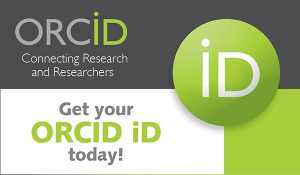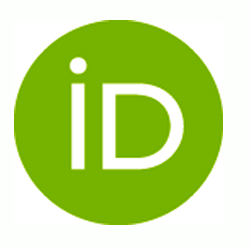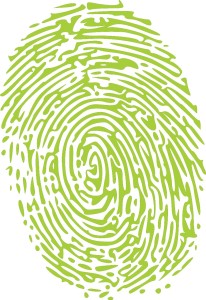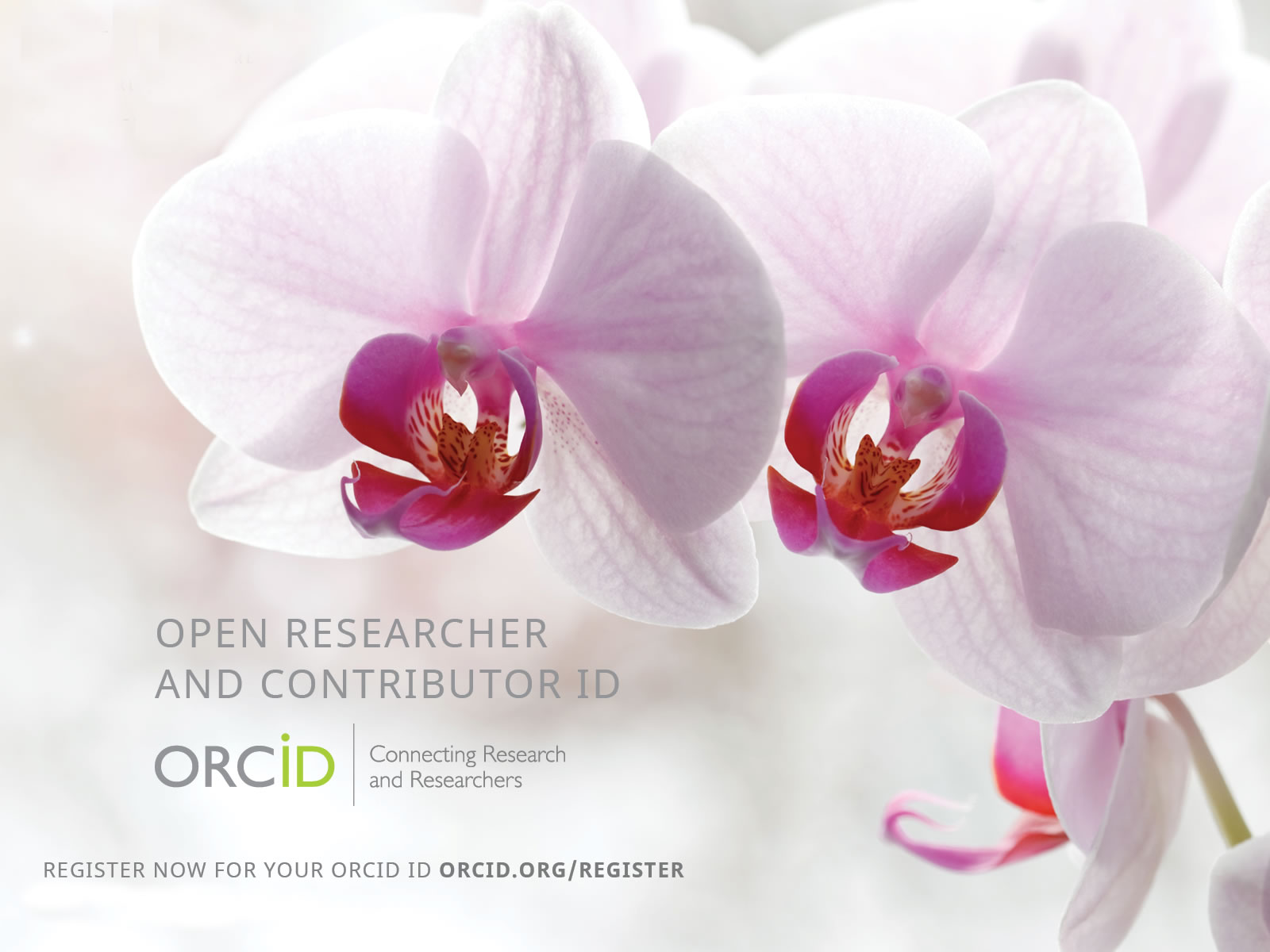Are you a young researcher just getting started? Do you work in an area where frequent job moves are required? Do you simply have a name more common than others, leading to confusion about authorship and difficulty in following your research efforts?
![]() As of January 1, 2018, ECS will require all corresponding authors to have an ORCID iD in order to submit to the Journal of The Electrochemical Society or the ECS Journal of Solid State Science and Technology.
As of January 1, 2018, ECS will require all corresponding authors to have an ORCID iD in order to submit to the Journal of The Electrochemical Society or the ECS Journal of Solid State Science and Technology.
This requirement comes as part of ECS’s enduring commitment to open science. In addition to streamlining documentation processes for authors and publishers, ORCID facilitates trusted connections that advance scientific discovery, collaboration, and innovation. Learn more about this requirement.
How can you prepare? All you have to do is register! Registration is free, takes 30 seconds, and provides you immediate benefits. ECS recommends that all authors register, regardless of whether or not they will serve as a corresponding author.
ORCID iDs will be published in accepted articles and included in articles’ metadata to improve content discoverability and citation. See where.
Contributing authors who would like their ORCID iDs displayed along with the corresponding author’s iD will need to update their profiles in ECSxPress with their ORCID iDs prior to their paper’s acceptance.
As of January 1, 2018, ECS will require all corresponding authors to have an ORCID iD in order to submit to the Journal of The Electrochemical Society or the ECS Journal of Solid State Science and Technology. ORCID iDs will be published in accepted articles and included in articles’ metadata to improve content discoverability and citation.
Contributing authors who would like their ORCID iDs displayed along with the corresponding author’s iD will need to update their profiles in ECSxPress with their ORCID iDs prior to their paper’s acceptance.
 In a recently conducted survey of corresponding authors, ECS found that 58.3% of the 132 responders had registered for an ORCID iD. Over 31% had not registered, and 10.6% were not sure if they registered; of these individuals, 49% did not know about ORCID.
In a recently conducted survey of corresponding authors, ECS found that 58.3% of the 132 responders had registered for an ORCID iD. Over 31% had not registered, and 10.6% were not sure if they registered; of these individuals, 49% did not know about ORCID.
ECS believes all researchers should be aware of the benefits of registering for an ORCID iD—a free, persistent digital identifier which allows for automated linkages between you, your publications, and your professional enterprises.
Why should you register? Your ORCID iD:
In 2014, ECS became a member of the Open Researcher and Contributor ID (ORCID) registry. ORCID is an open, non-profit, community-based effort founded by academic institutions, professional bodies, funding agencies, and publishers to create and maintain a registry of unique researcher identifiers intended to remedy the systemic name ambiguity problem seen in scholarly research. ORCID resolves the confusion brought about by name changes, the cultural differences in name order presentation, and the inconsistent use of first-name and middle-name abbreviations on published research papers.
ECS wants to learn more about your perspective on ORCID iD. Take our survey below!
Create your own user feedback survey
ORCID iDs are free to obtain and use. The registration process is integrated into the ECS journals submission site, ECSxPress (ExP) for convenience.
Don’t have an ORCID iD? Learn more and register today!
 Now that more and more publishers are requiring ORCID iDs, and with the advent of ORCID’s Collect & Connect program, ORCID has been receiving an onslaught of questions about how to properly display ORCID iDs.
Now that more and more publishers are requiring ORCID iDs, and with the advent of ORCID’s Collect & Connect program, ORCID has been receiving an onslaught of questions about how to properly display ORCID iDs.
When ORCID first released its guidelines on collection and display in 2013, the publishing environment was very different and ORCID was still very young. The constantly changing publishing landscape coupled with the widespread uptake of ORCID iDs has created a need to reevaluate these practices and address any gaps or frequently asked questions.
In order to accomplish this, ORCID has gathered a group of publishing professionals to look at the document and create recommendations for a new set of guidelines. To be successful, these professionals must use their publishing experience, coupled with suggestions from the community. (more…)
The Proof is in the Pudding – Authors Talk about Their Experience with ORCID
Posted on June 22, 2016 by ECS StaffBy now it’s likely that everyone’s heard of ORCID IDs, whether or not you’ve chosen to create one. While I can sing the praises of ORCID over and over again, I think for ORCID the proof is in the pudding (as they say).
I contacted 7 ECS authors with pristine ORCID records and asked them a few questions about the usefulness, maintenance required, and learning curve.
Dr. Sigita Trabesinger
orcid.org/0000-0001-5878-300X
Mr. Anthony Wood
orcid.org/0000-0002-5952-8083
Prof. Xianhua Liu
orcid.org/0000-0001-5496-3011
Dr. Ji-Won Son
orcid.org/0000-0002-5310-0633
Prof. Naoaki Yabuuchi
orcid.org/0000-0002-9404-5693
Dr. Shelley Minteer
orcid.org/0000-0002-5788-2249
Dr. Adam Weber
orcid.org/0000-0002-7749-1624
- How did you find out about ORCID?
- In some manuscript submission systems, such as ECS, Elsevier EES and PLOS, there are links to ORCID.
- It started showing up as an option to link on journal submission websites and I didn’t really understand it, so I went to their website.
- From colleagues.
 We’ve talked about ORCID identifiers quite a bit here at ECS. From the top five reasons to sign up for ORCID to the publishing benefits of the identifiers, we’re strong believers in ORCID’s place in the ever-expanding and international nature of scientific literature.
We’ve talked about ORCID identifiers quite a bit here at ECS. From the top five reasons to sign up for ORCID to the publishing benefits of the identifiers, we’re strong believers in ORCID’s place in the ever-expanding and international nature of scientific literature.
Recently, The Royal Society announced that it would require all authors submitting to their journals to have an ORCID iD. Additionally, seven other publishers – including PLOS and the Institute of Electrical and Electronic Engineers – join The Royal Society, requiring author to have ORCID iDs starting in 2016.
Stuart Taylor, publishing director of The Royal Society, recently sat down with The Scholarly Kitchen to discuss why ORCID is such an important and promising thing in the current climate of scholarly publications.
Logan Streu, ECS Content Associate & Assistant to the CCO, recently came across a video from The Scholarly Kitchen explaining how ORCID works (with dolls as visual aids).
Learn more about ORCID! Check out Logan’s articles on the benefits of ORCID identifiers:
Find out more about signing-up for ORCID!
 Back in March, I wrote a post gushing about the utility of ORCID identifiers. For those of you who haven’t seen it you can find it here, and for those of you who have seen it, but have yet to sign up, it’s probably time to think about it!
Back in March, I wrote a post gushing about the utility of ORCID identifiers. For those of you who haven’t seen it you can find it here, and for those of you who have seen it, but have yet to sign up, it’s probably time to think about it!
Because everyone likes lists, here’s ECS’s top 5 reasons to register for your ORCID ID today:
1. Differentiate yourself.
Think about how many “J. Smith”s there are in the world. ORCID lets you stand out from the crowd and ensures that your research is appropriately attributed.
2. Names change, affiliations change, e-mail accounts change.
There is little about an individual’s research profile that is static – people find new jobs, change names, or just switch from Outlook to Gmail. No matter what the change is, your professional contacts will be able to find your current information—even if they’re reaching out to you about a paper you wrote four jobs ago or in grad school.



